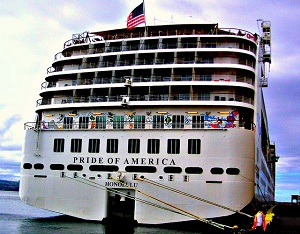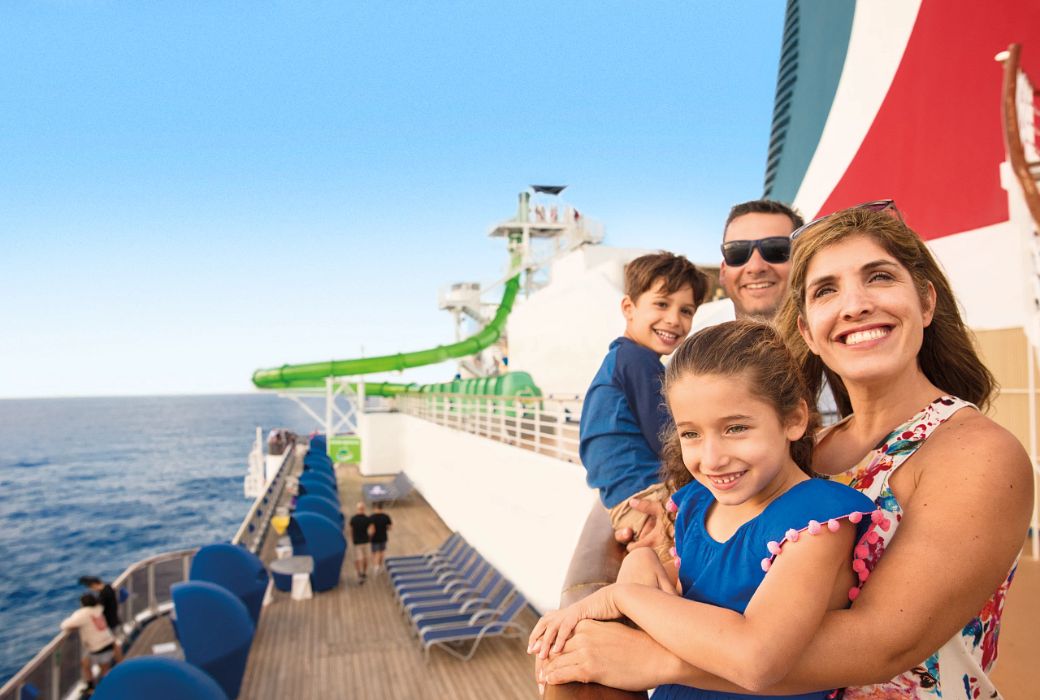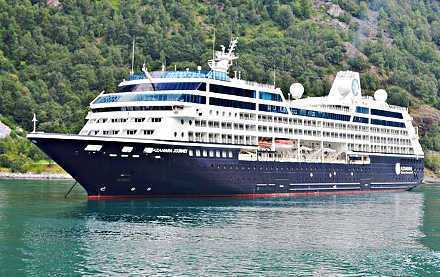
A CDC cruise ship program may help cruise ships avert transmission of the COVID-19 virus. Read on to learn about their color-coding system for the disease, vaccination recommendations, and the conditional sailing certificate. Find out about the potential risks involved in COVID-19 infection. And don't worry, the CDC will continue to provide guidance and recommendations for cruise lines. These steps will allow cruise ships to improve safety and security for all passengers.
COVID-19 cruise ship programs by CDC
The Centers for Disease Control and Prevention (CDC) recently issued new guidance for COVID-19 viruses in cruise ship water. The guidance is based only on current scientific evidence, and will be periodically updated. New guidance will be sent to cruise ships. If you have any questions about COVID-19 in the interim, please contact your cruise line. Read the latest updates below to learn more. Al Tompkins, a senior faculty member, wrote this article.

Color-coding system by CDC for COVID-19 cases
After many months of rewriting regulations, the Centers for Disease Control and Prevention has now retired its COVID-19 Program for Cruise Ships. Though the program is no longer active, the CDC is still publishing guidance to help cruise lines prevent the spread of the disease. Cruise lines can use the CDC's color-coding system to identify potential outbreaks. It allows passengers to see which ships are most at risk for transmitting the disease.
CDC recommends COVID-19 shots
The new tiered vaccination system for cruise lines allows them to increase safety and security of their passengers. The CDC recommends that 95% of passengers and 95% of crew members be fully vaccinated against COVID-19. Cruise lines must now post information about their COVID-19 vaccination status online. This allows passengers and crew to check if there is a high rate of COVID-19 on the ship. The CDC recommends that passengers receive the COVID-19 vaccination before boarding a vessel. This should be done within one day.
Conditional sailing certificate by the CDC
The certification of a cruise boat must include information that assists CDC in assessing safety of crew and passengers. It should include details about safety and health protocols, as well as their resolution. The COVID-19 Conditional Shipping Certificate application must include any records that cruise ship operators may have, such as passenger test results and volunteer crew records. A detailed plan of action must be provided by the cruise ship operator to the CDC.

CDC's guidance to commercial repatriation U.S.-based persons suffering from COVID-19
HHS has released updated guidelines on commercial repatriation of U.S. citizens with COVID-19. HHS will continue to engage with stakeholders and the Return to Workplace Task Force. Employers are also encouraged to develop and implement phased return-to-work plans. Employees should also be informed about the guidelines.
FAQ
How do I pick the best cruise line?
Choosing the right cruise line is easy. Decide what kind of cruise you want to take. Do you prefer a smaller cruise with fewer passengers or one with more? Also, think about how much money it is worth. You might be interested in cruises that include all-inclusive options if you are looking for something cheaper. This means that you will not have to worry about paying extra for food, drinks, entertainment, etc. Make sure you have good family programs in place if your family is planning a cruise.
Is food available on a cruise or not?
The answer to that question is yes All cruises come with complimentary food. To enjoy these drinks, however, you will need beverages to purchase.
Costs vary depending on the type of ship that you sail on. For example, cruising aboard a luxury liner, you may expect to pay $20-$30 per person for each drink purchased. You'll probably pay around $10-15 per person if you sail onboard a smaller vessel.
What tip do I have to give my Cruise Director?
This varies from cruise line to cruise line. Some cruise director receive tips and others don't. It is best to ask your Cruise Director before you board the ship to find out if they expect tips. They will typically tell you how much they expect tips.
Is there an all-inclusive cruise?
They do not include meals for guests with restricted diets. They do not offer room service, laundry or other amenities, such as spas, gyms, and pools.
Some cruise lines offer "all-inclusive", which covers everything but alcohol. These packages usually include airfare, hotel accommodations, entertainment, and beverages.
Is a cruise a good vacation?
You have the best vacations when you aren't thinking about anything other than relaxing and having fun. A cruise is exactly what the doctor ordered.
What type of cabin do I need?
Consider the size of your cabin when you are considering buying one. Are you okay sharing a bath with another person? Or would you prefer to have your own bathroom? Do you find noise essential? Are you more likely to be in the dining area than in your stateroom? Also, think about whether you want a balcony or an interior view. Balconies provide more space, but can sometimes make it noisy. Interior views are usually quieter than balconies.
Where do cruises begin?
Cruise vacations typically begin in Miami, Florida. Cruises depart from this city because it has both international airports and ports. These two locations allow passengers to explore the rest of South America and Europe.
Statistics
- You'll need to budget around $80 per person per day for this option – and an additional 18% gratuity. (travel.usnews.com)
- The line estimates savings of 50% when you purchase this bundle. (travel.usnews.com)
- For an example of savings, Royal Caribbean offers up to a 40% discount with a dining package. (travel.usnews.com)
- You can save 15% off the total price if you book in advance of your trip. (travel.usnews.com)
External Links
How To
How do you plan your first Cruise vacation?
Planning a cruise is just like any other trip. You need to take into account many factors such as budgeting, where to go and activities. If you're new at cruising, there are key differences in planning your first cruise. Cruises can last up to three weeks, which is why you don't want any missed! These tips can make your vacation easier.
-
Start early - Book your cruise at least 6 months before departure. You'll be able to find great deals and avoid crowds. This will allow you to take your time researching the ship, destination, ports, activities, and more. You may even be able to find a bargain on airfare.
-
You can choose a destination. There are many reasons why people love to cruise. Some prefer to explore cities while others prefer to relax on board. No matter what boat you are on, it is important to remember the type of destination that you wish to visit. Popular choices include the Caribbean, Europe, and Alaska.
-
Booking a suite is an option. Suites provide extra space and a private balcony as well as additional amenities. They can be rented from $100 to $300 per night, depending upon the size of your room or the availability of suites on your sailing date.
-
The weather forecast is important - Cruising is often associated to warm tropical climates. You should also check the weather forecasts of the ports on the day you plan to visit them. The weather can be unpredictable, especially in Antarctica. It is best to find out what the forecasts are before you book your cruise.
-
Limit your packing to 10 items for your cruise. That means no suitcases full of clothes or shoes! Pack everything in small bags that you can carry on. Layer clothing, as you won't be able wash it at all on board.
-
Do your research before you buy tickets. Be sure to review their policies regarding pricing, the services they provide, as well and whether cancellation policies make sense.
-
Do not miss these must-see destinations - Make sure you visit each port at least once. Each area has its own charms and culture so you should take advantage of every opportunity.